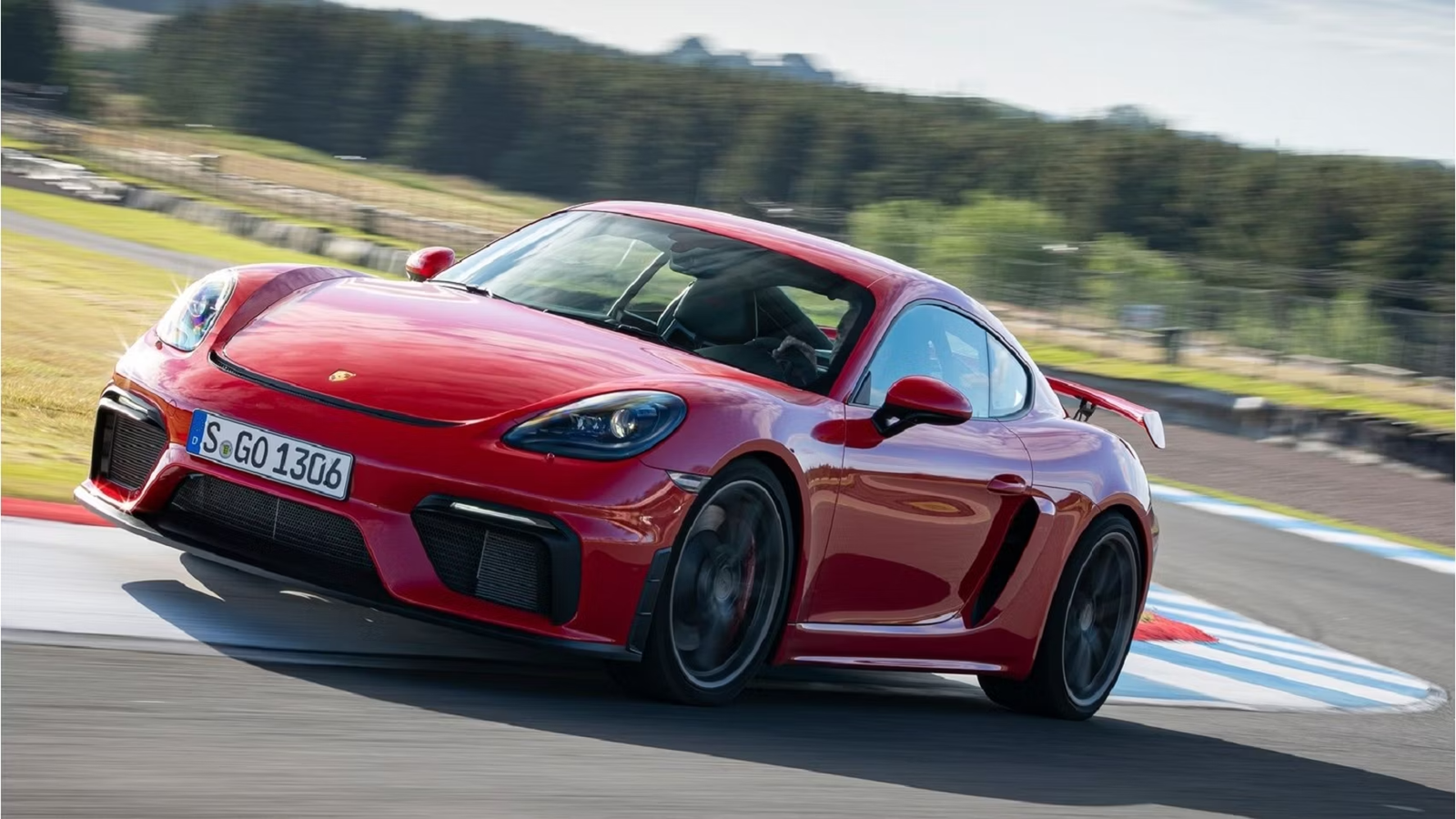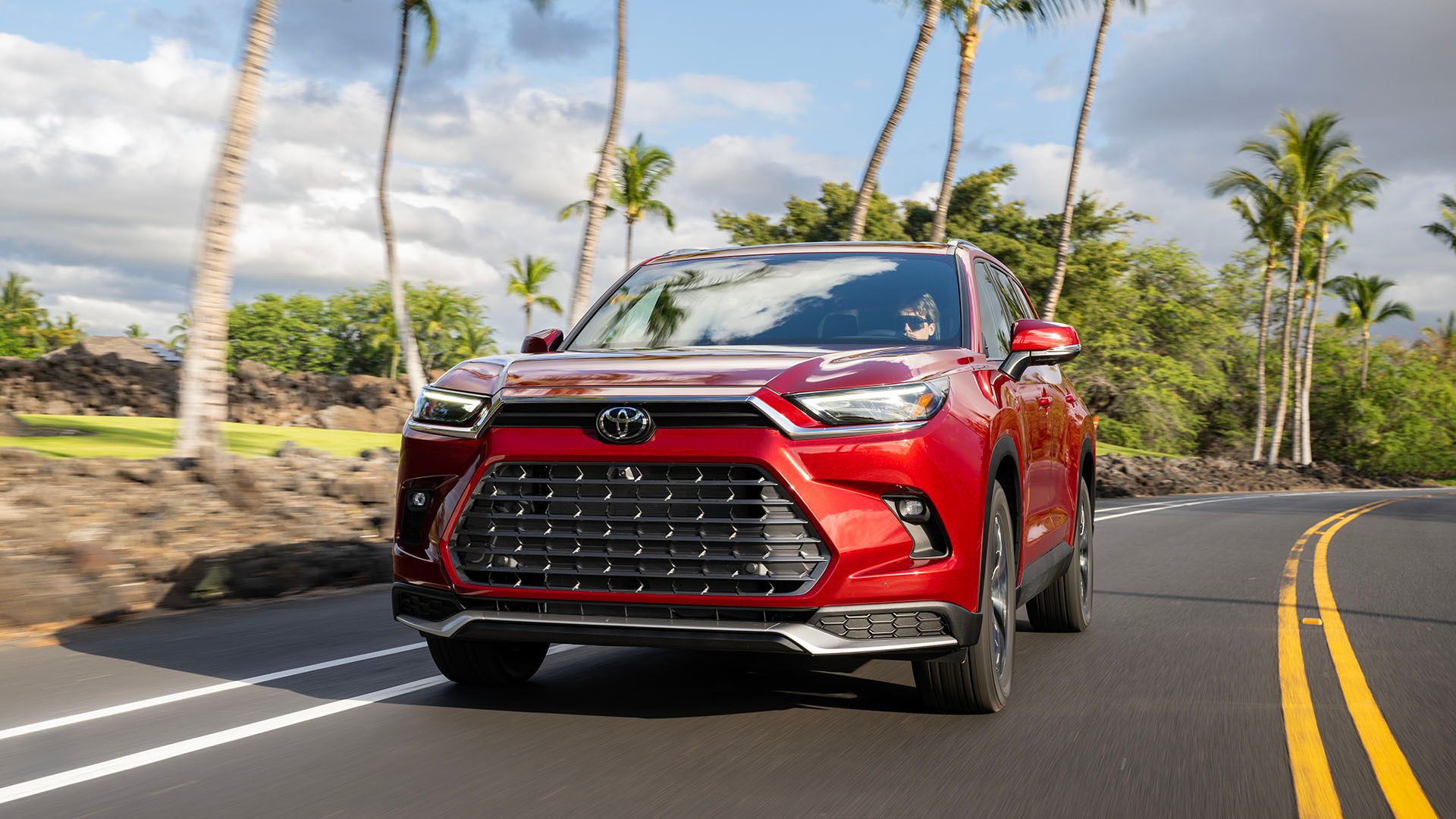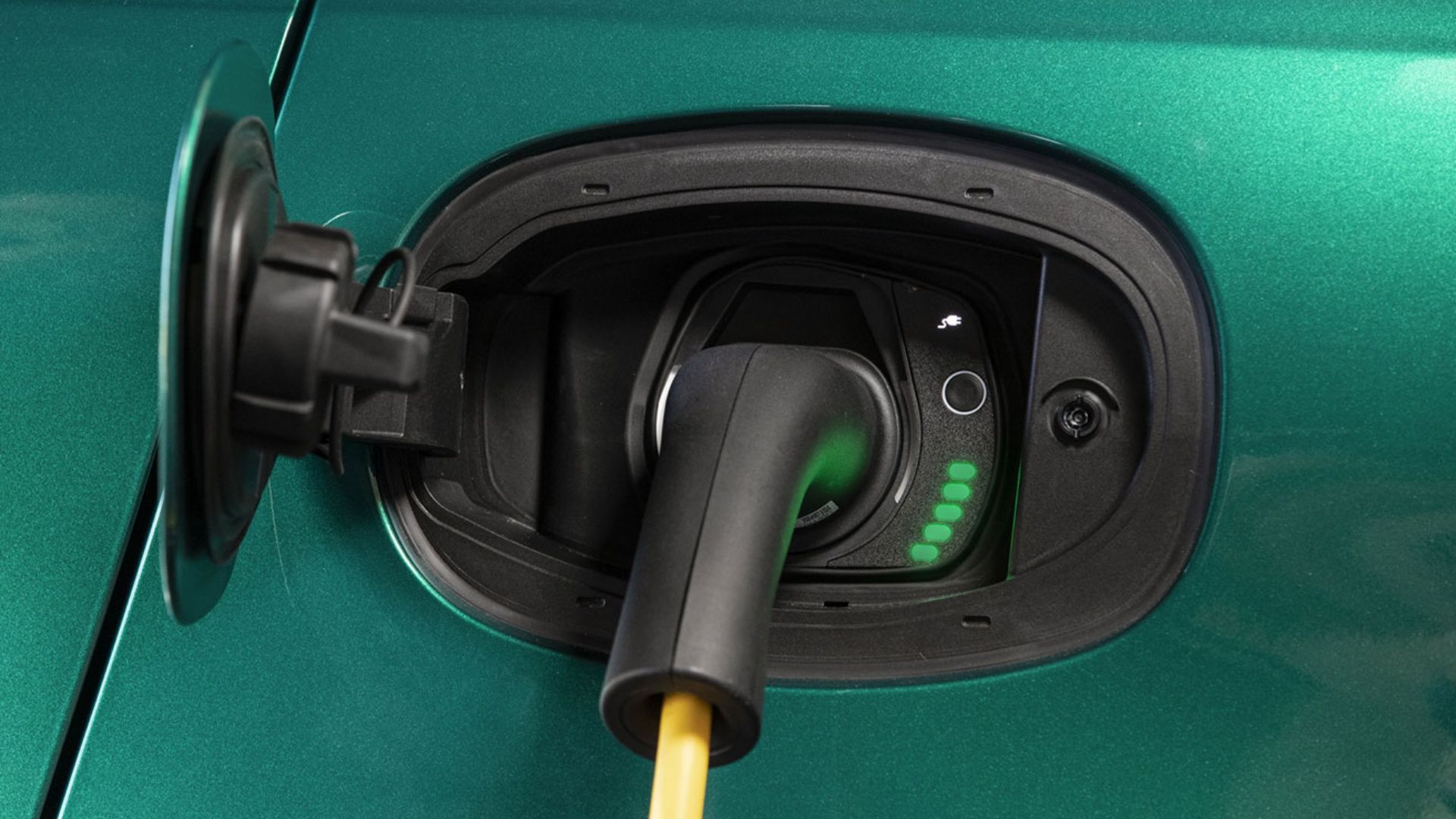Key Takeaways
- Vehicle infotainment systems remain a major issue for owners, with Bluetooth connectivity and navigation accuracy causing problems.
- Modern safety systems, while intended to enhance safety, are frustrating consumers due to their intrusiveness.
- Tesla ranks below the industry average in reliability, highlighting the importance of ongoing improvements in EV technology.
In the ever-changing automotive landscape, new powertrain, safety, and infotainment technologies are major factors in driving forward sales. However, those technologies aren’t without their pitfalls, and it’s crucial to know which automakers are producing reliable cars and which aren’t – especially with car prices continually on the rise.
While we love hearing about muscle cars and supercars as much as the next person, they are a very small segment of the market, and sometimes, some mass-market car consumer advice is arguably more valuable for prospective buyers. The newly released J.D. Power 2024 U.S. Vehicle Dependability Study (VDS) is taking a look at a range of vehicles from 2021 and using various criteria to identify which makes and models are, as you would suspect, the most reliable.
While there aren’t any supercars listed, the study envelops a wide array of vehicles from across the automotive spectrum, including SUVs, sedans, sports cars, hatchbacks, luxury cars, and pickup trucks. While some of the results are as predictable as you would expect, there are a few surprise results, too.
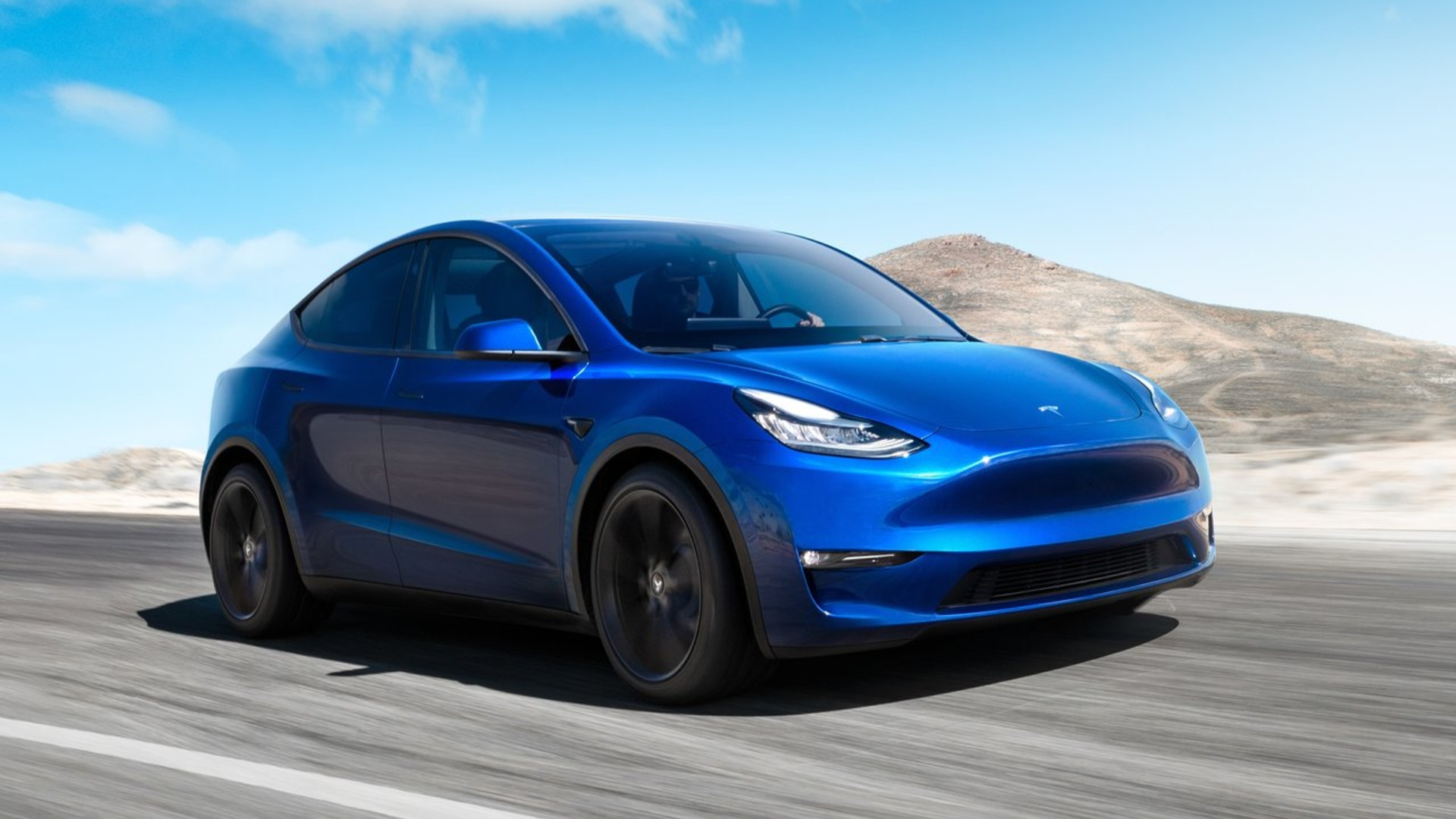
15 Least Reliable Car Brands According To J.D. Power’s 2024 Dependability Study
These brands make cars that may seem fantastic at launch, but the magic dies quickly when problems occur after buying them.
New Vehicles Are Becoming Less Reliable Overall
J.D. Power VDS Nine Key Criteria
- Climate
- Driving assistance
- Driving experience
- Exterior
- Features/controls/displays
- Infotainment
- Interior
- Powertrain
- Seats
The J.D. Power 2024 U.S. Vehicle Dependability Study uses a variety of metrics to quantify the reliability scores of different brands and models, culminating in a score based on problems per 100 vehicles, or PP100, for short. The lower the number, the better, as that signifies a lower number of issues per 100 cars surveyed.
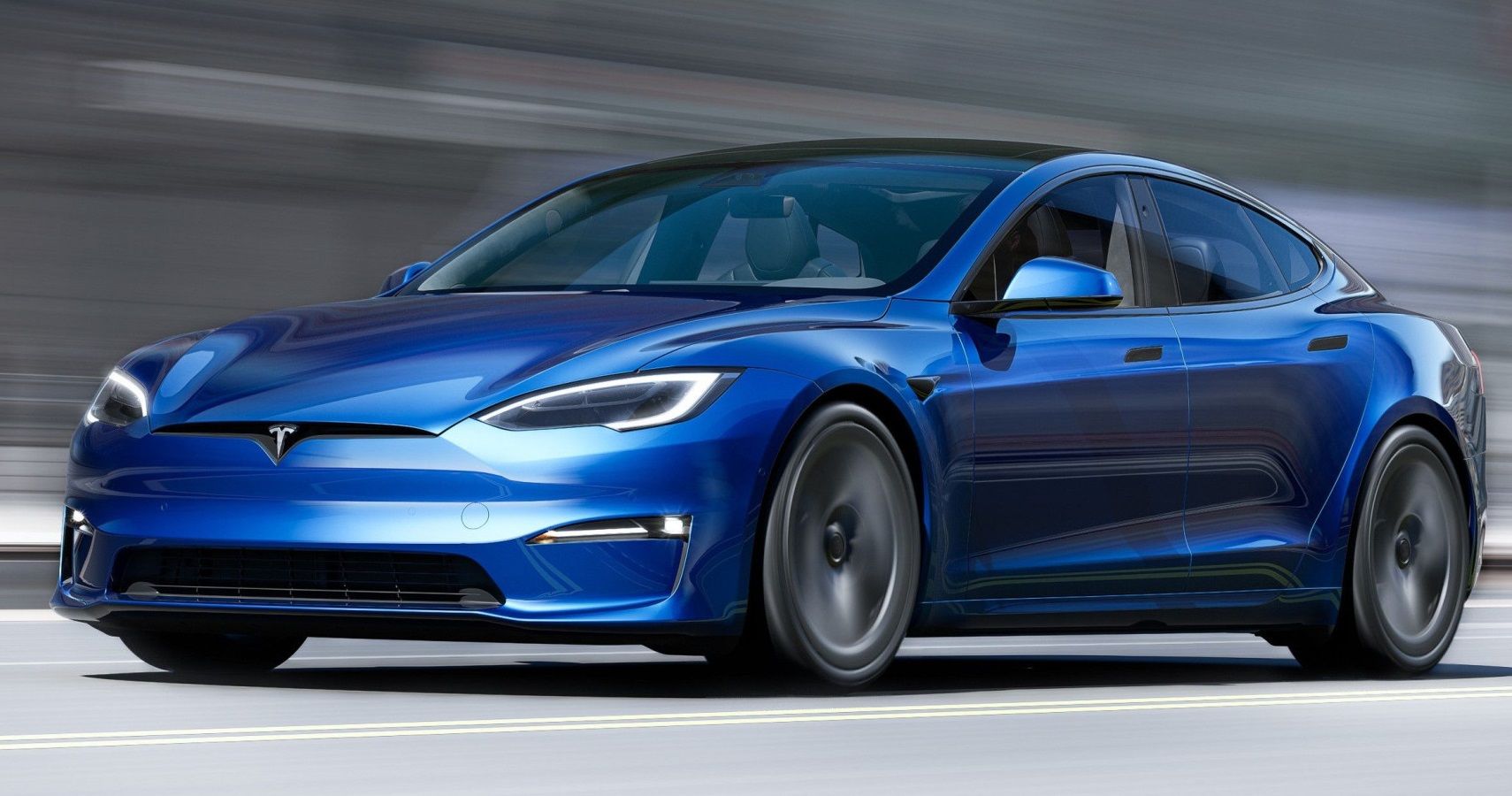
10 Used Electric Cars With Potential Reliability Issues
EVs are here to stay, but that doesn’t mean all electric cars are reliable and easy to maintain
The data used to compile the study is from a survey of 30,595 original owners of 2021 model-year vehicles after three years of ownership, collected between August and November of 2023. No vehicles from other model years are included.
The 2024 VDS study found that, on average, 2021 model-year vehicles display 190 problems per 100, a 4-point increase compared to the same study conducted in 2023 for 2020 model-year vehicles. Delving deeper into vehicle sub-categories, BEVs and PHEVs are seemingly the most problematic. Pure electric battery-powered EVs (BEVs) are still in their infancy compared to ICE and hybrid vehicles and, as such, have a score of 256 PP100 compared to 187 PP100 for ICE vehicles.
Lexus, Porsche, And BMW Rank Highest Among Premium Brands
J.D. Power 2024 U.S. VDS Top 10 Most Reliable Overall Brands
|
Rank |
Brand |
Problems Per 100 Vehicles (PP100) |
|
1 |
Lexus |
135 |
|
2 |
Toyota |
147 |
|
3 |
Buick |
149 |
|
4 |
Chevrolet |
174 |
|
5 |
MINI |
174 |
|
6 |
Porsche |
175 |
|
7 |
Mazda |
185 |
|
8 |
Kia |
187 |
|
9 |
BMW |
190 |
|
10 |
Dodge |
190 |
|
– |
Industry Average |
190 |
(data courtesy of J.D. Power)
While it’s little surprise that Lexus tops the reliability charts overall, the top spot for the most reliable vehicle in the study amazingly goes to the Porsche 718 Boxster and Cayman. In fact, Porsche ranks sixth overall in the study with a score of 175 PP100, 15 points higher than the industry average and is the industry’s most improved brand with a 33-point increase from 2023.
While not fairing as well as last year, BMW is still one of the highest-rated premium brands, with a score of 190 PP100, matching the industry average. However, their sub-brand Mini ranks even higher at 174 PP100. Meanwhile, the X1, X5, and X6 all finished in the top three of their respective sub-categories, with the X6 named as the outright most reliable upper midsize premium SUV.
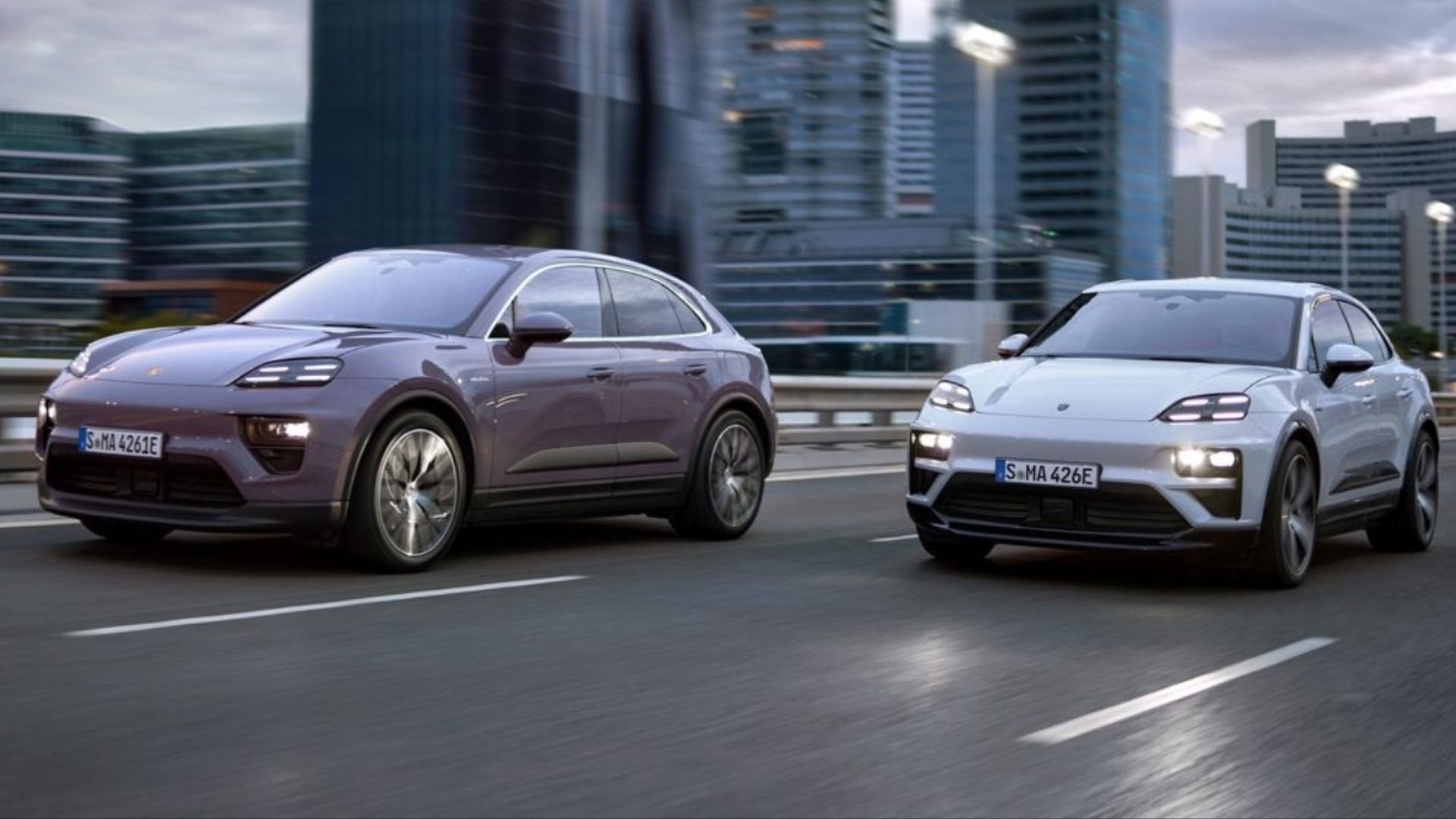
Leaked: Porsche Macan EV First Look Before Official Debut
A forum post has leaked the new Porsche Macan EV crossover just a day before the manufacturer officially launched it.
It’s not such good news for some of BMW’s rival brands, though, with Audi shockingly second from bottom in the overall reliability rankings with a score of 275 PP100. Mercedes-Benz fares a bit better, with a score of 218 PP100, an improvement of 22 points from the year prior. Meanwhile, the bottom spot overall belongs to Chrysler, with a score of 310 PP100 – the only manufacturer to break the 300 barrier and a staggering 110 PP100 below the industry average.
Toyota And GM Excel, While Ford and VW Struggle
J.D. Power 2024 U.S. VDS Top 10 Least Reliable Overall Brands
|
Rank |
Brand |
Problems Per 100 Vehicles (PP100) |
|
1 |
Chrysler |
310 |
|
2 |
Audi |
275 |
|
3 |
Land Rover |
268 |
|
4 |
Volkswagen |
267 |
|
5 |
Lincoln |
251 |
|
6 |
Volvo |
245 |
|
7 |
Ford |
239 |
|
8 |
Infiniti |
219 |
|
9 |
Mercedes-Benz |
218 |
|
10 |
Acura |
216 |
|
– |
Industry Average |
190 |
(data courtesy of J.D. Power)
After a somewhat disappointing showing in 2023, Toyota managed to regain its infamous reliability supremacy, placing first in the mass-market sector and second overall only to its luxury sub-brand, Lexus – winning nine segment awards in the process. It wasn’t all good news for Japanese brands, though, with Honda and U.S. sub-brand Acura both falling a fair way below the industry average by 16 points and 26 points, respectively.
As for U.S. domestic brands, GM topped the table, with Buick and Chevrolet taking the third and fourth spots overall. Perhaps somewhat surprisingly, Dodge and Jeep rank manage to match the industry average, despite parent brand Chrysler languishing down at the bottom of the table.
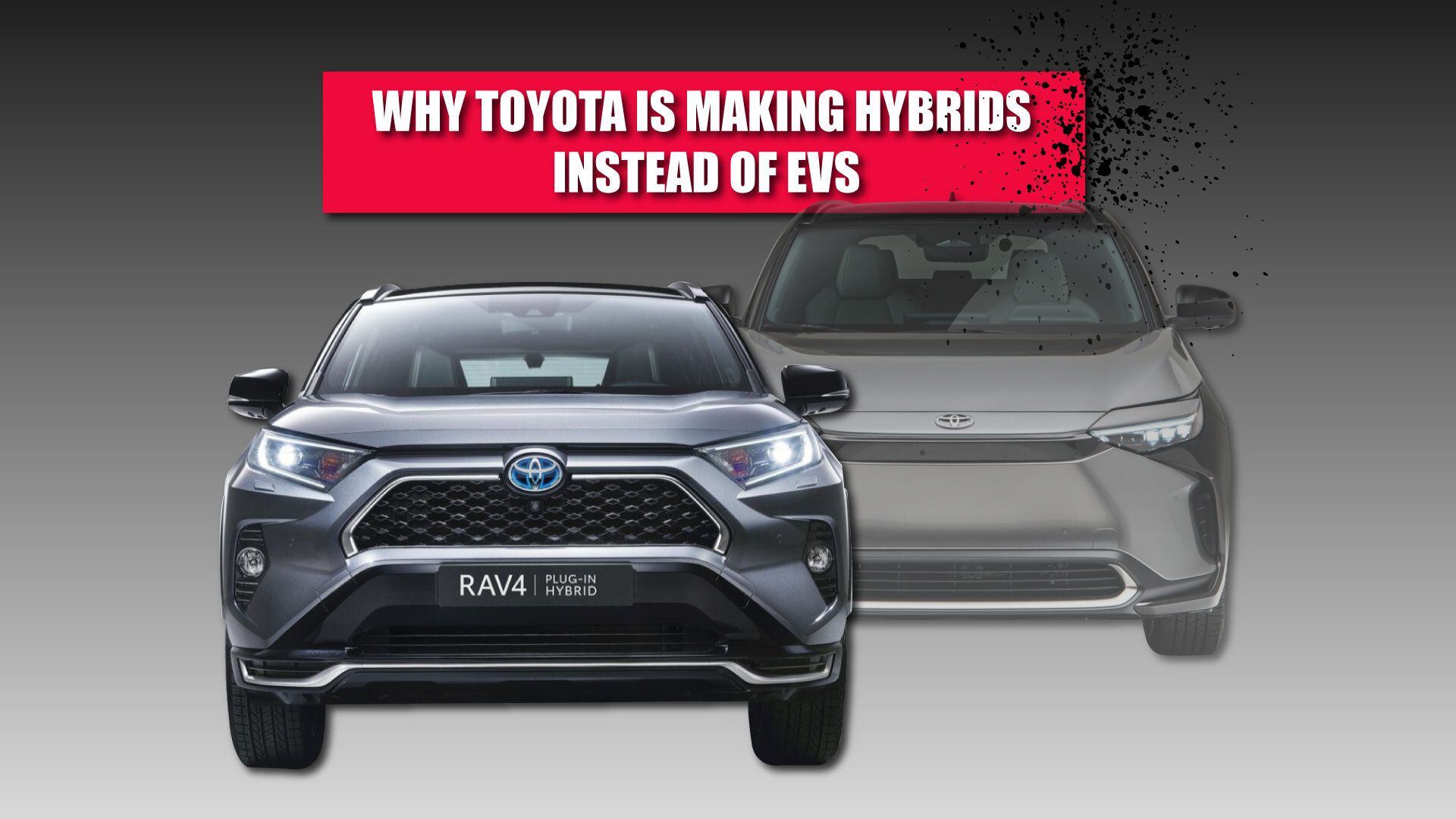
The Real Reason Why Toyota Is Making Hybrids Instead Of EVs
Toyota is a global superpower in the automotive world, yet they still choose to focus on hybrids over EVs – here’s why.
Meanwhile, RAM sits 11 points below the industry average with a score of 201 PP100. However, they were by far the most improved brand the year before, with a staggering 77-point increase. While they have dropped back down this year, that follows the industry trend as a whole.
One U.S. automaker that continues to struggle, however, is Ford, ranking seventh bottom with 239 PP100, albeit with a 10-point increase compared to 2023. Meanwhile, luxury sub-brand Lincoln sits not too far behind with a score of 251 PP100, an eight-point increase from 2023. The news is even worse for Volkswagen, though, with a score of 267 PP100, ranking them fourth from bottom overall.
Key Takeaways From The Study
One of the biggest issues continuing to plague owners is vehicle infotainment systems, following the trend from 2023, where six of the top ten most common problem areas were infotainment-related. This includes Bluetooth connectivity, Android Auto & Apple CarPlay connectivity, voice-recognition systems, and inaccurate or outdated navigation systems, to name a few.
Although not exactly reliability-related, an interesting thing the study uncovered was the growing consumer frustration with modern safety systems. And while systems like lane departure warning, lane keeping assistance, forward collision warning, and automatic emergency braking are designed to increase occupant safety, the study found that owners are growing increasingly tired of how intrusive these systems can become.
Tesla was also included in the study for only the second time, with a score of 252 PP100, 62 points below the industry average and 10 points worse off than 2023. However, as Tesla doesn’t allow access to customer data, it isn’t placed on the official ranking chart. While Tesla’s somewhat unofficial ranking has dropped slightly, it still ranks mildly above BEVs as a whole.
source: J.D. Power

